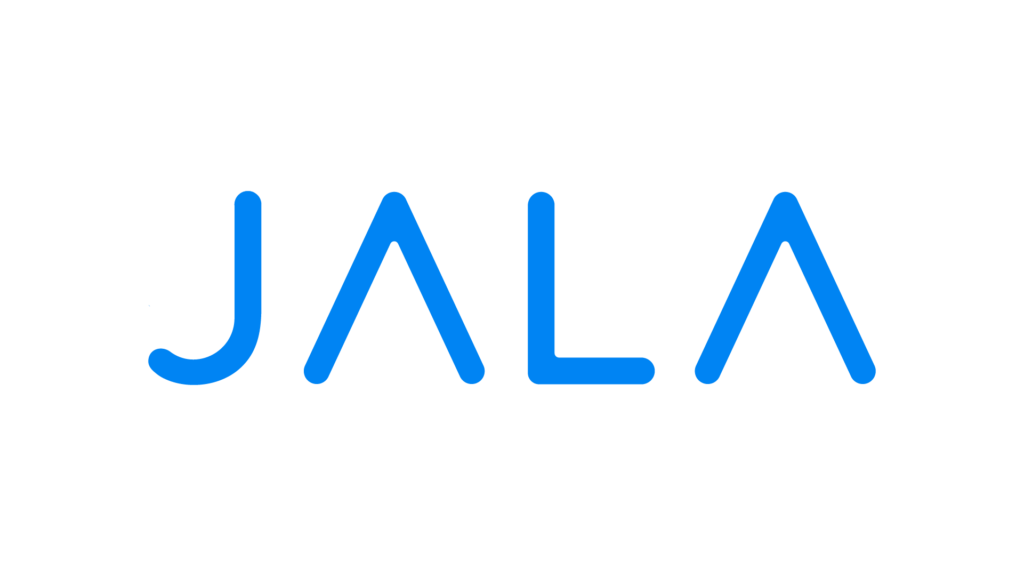- About AVPN
-
-
-
About AVPN
Who We Are
We are a leading ecosystem builder that is increasing the flow of financial, human, and intellectual capital from Asia and around the world into the social sector in Asia. We provide a network of peers, rigorous learning programmes, and innovative capital mobilization opportunities that make sure resources are more effectively deployed.
-
-
-
- Members
-
-
-
Membership Benefits
Unrestricted access to AVPN research reports and case studies
Access market-specific snapshots and opportunities
Increased visibility for events, programs and insights via AVPN website, blog, newsletters and social media channels
Leverage the AVPN platform to bring under-represented social issues top of mind for more than 600 social investors
-
-
-
- Resources
-
-
-
Resources
Highlights of the week
Trust-Based Philanthropy
In the face of increasingly complex and, sometimes rapidly, changing needs on the ground, it is crucial to take a step back and reconsider the status quo.
APAC Sustainability Seed Fund 2.0
By leveraging the success of the first round of the APAC Sustainability Seed Fund, AVPN continues to mobilise continuum of capital into supporting climate solutions in the region.
Faith and Giving
Faith, and the values, belief systems, moral codes, and religious doctrines, that underlie it, shape much of philanthropy across the world. From addressing needs in underserved communities to investing in sustainable energy solutions, faith-aligned givers are demonstrating that compassion can be a catalyst for a more just and equitable world. However, the fundamental drivers of faith-aligned giving often remain unexamined.
-
-
-
- Markets
-
-
-
Markets
We are a leading ecosystem builder that is increasing the flow of financial, human, and intellectual capital from Asia and around the world into the social sector in Asia. We provide a network of peers, rigorous learning programmes, and innovative capital mobilization opportunities that make sure resources are more effectively deployed.
Explore Markets
-
-
-
- Impact Communities
-
-
-
Impact Communities
-
-
-
- Capital Mobilisation
-
-
-
Capital Mobilisation
Featured Deals
Socio-Economic Empowerment of Women
Climate Action and Environment, Education, Financial Inclusion, Gender, Livelihood and Poverty Alleviation
Solve Education: Education through Innovative Learning Platform
Education, Employability, Livelihood and Poverty Alleviation
Lotus Petal Sr. Sec School, Gurugram
Education, Employability, Health
IT Training Against Poverty in Cebu
Education, Employability, Livelihood and Poverty Alleviation
IT Vocational Training Against Poverty
Education, Employability, Livelihood and Poverty Alleviation
Gigatonne: Addressing Problems within the Carbon Credits Market
Climate Action and Environment, Financial Inclusion, Gender, Livelihood and Poverty Alleviation
-
-
-
- Events
-
-
-
Events
Upcoming Events
UN Global Compact 2024 Climate Ambition Accelerator Final Registration
30 April 2024
Restoring Equilibrium: SVCA 2024 Annual Conference – Seeking Balance in A Turbulent World
16 May 2024
-
-
-
JALA Tech: Tech-Driven Shrimp Farming in Indonesia
Improving the performance of shrimp farming is crucial to achieving effective productivity. With a sustainable and responsible farming system, our tech solutions help revolutionize this industry.
By

JALA
Click here to learn more about the Impact Organisation
This is member exclusive
content. Click here to unlock
Social causes
Beneficiaries
SDGs covered
Endorsed by
Market of Implementation
- Indonesia
Problem
40% of Indonesian aquaculture is shrimps, which account for 8.8% of the global shrimp supply. With a $2.2B market size, shrimp's annual growth rate is at 9%, whereas aquaculture is at 5.7%. However, Indonesia is still facing the problem of the lack of shrimp supply even though we have more than 86K Ha of farming land.
More than 70% of shrimps are being farmed in traditional and semi-intensive ways, producing shrimps at less than 5 tons/Ha, whereas big-scale farms can reach more than 20 tons/Ha productivity. We can solve this issue by helping smallholder farmers intensify their farms. However, the major issue for intensive farming is unpredictable yields due to shrimp disease and environmental issues. Without proper management to address these issues, farmers can lose more than $100K per Ha. These are issues that we can address with data-driven solutions.
Solution
When we started JALA in 2016, the shrimp industry was at a rapid growth until a disease outbreak. Many farms suddenly collapsed, our co-founder's farm, Aryo's, was one of them. Luck was the reason some smallholder farms keep standing, other than money, which the big farms used to invest in new chemical solutions that keep their farms stable. But overall, no data that told them why.
This is why we believe our solutions walk on the right path. The JALA App makes it possible for farmers to understand what's happening on the farm, and the App algorithm help farmers act faster and more precisely to any data anomalies. And when thousand of farmers are using our App, we are able to get more insights from every one of them, strengthen the algorithm, and at the same time, fuel our big data.
Through this, we can understand farmers' behaviour and their farms' productivity, which enables us to create a production map, a disease outbreak map, and many more, in a way to advise better farming practices.
For more information on our work, do refer to our Pitch Deck.
















